Anti-plagiarism policy
Articles are evaluated through a double-blind peer review system (experts in the field who are external to the journal). All papers undergo analysis using anti-plagiarism software, with a maximum limit set at 10% for both similarity and support generated by artificial intelligence (AI). These measures aim to ensure the originality and intellectual authorship of the papers, allowing authors to paraphrase cited sources.
As a policy to prevent plagiarism, Economicus Journal of Business and Economics Insights (JBEI) reserves the right to review manuscripts submitted for consideration using anti-plagiarism software. Moreover, manuscripts will be evaluated considering the 12 most common types of "non-original" material by © Turnitin, LLC.
![]()
https://www.turnitin.com/es/infographics/prevencion-de-plagio (text in Spanish)
1. Collusion: Working as a group on an individual-submitted work.
2. Unintentional Plagiarism: Omission of citations or quotes due to carelessness or unintentional paraphrasing.
3. Copying and Pasting: Copying and pasting content from the internet or other sources without using citations.
4. Paraphrasing without Attribution: Paraphrasing ideas from a source without proper attribution.
5. Self-Plagiarism: Reusing one's own previous work without attribution, whether using the entire work or excessively citing it.
6. Programming Code Plagiarism: Copying or adapting programming code without permission or proper credit to the original author.
7. Patchwork Plagiarism: Mixing phrases and text from different sources, editing and combining statements without quotes or attributions.
8. Source Alteration: Including incomplete or inaccurate information about sources to prevent verification.
9. Text Modification with Software: Taking content from a source and running it through an application (such as spinners and online translators) with the intention of evading similarity checks.
10. Manual Text Modification: Text manipulation (e.g., replacing characters or spaces with blank text) with the intention to deceive anti-plagiarism software.
11. Contract Cheating: Requesting a third party to create a work and then submitting it as one's own.
12. Data Fabrication: Altering or fabricating data, or appropriating someone else's work, endangering the reputation of a researcher, institution, or publication.
If any of the practices mentioned above are detected or if the document has a similarity percentage greater than 10%, the manuscript will be rejected for publication. Additionally, the Editorial Committee will review the case and based on its severity, determine appropriate sanctions.









